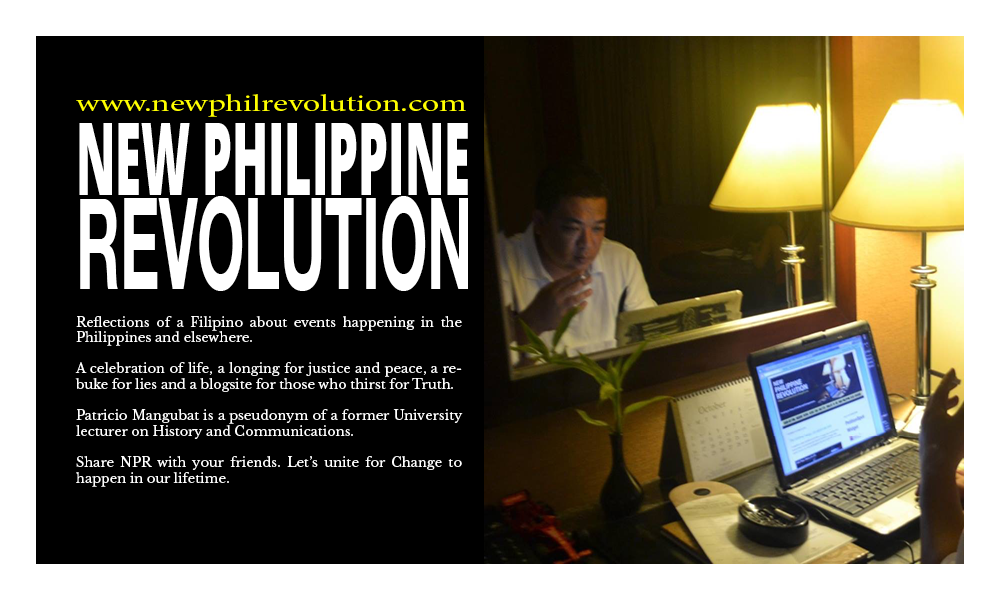I conducted an informal survey several weeks ago and found that there is a disjunct between what government is claiming and what the people are experiencing.
Government claims that the economy is growing, and it intends to manage the growth so that it becomes inclusive. What do they mean with the term "inclusive"? Government says that inclusive growth means creating the mechanism for these gains to trickle down to the basic masses, the 13 million poor families now ekking out a living out of practically nothing.
How then can government claim that this growth is for the people, when the very people which are supposed to benefit from these gains are suffering from high prices of commodities, electricity, water and transportation?
In his speech before world leaders at the World Economic Forum, President Aquino says that his government was able to give back funds which were recovered from graft and corrupt practices via the Pantawid Pamilya Program (PPP). That poor families are benefitting from these dole-outs themselves.
If this is true, then, why are the numbers of poor families remained and even increased exponentially through the years? The reason is simple. The more publicized the number is, the more government gives the funds. The thing is---is there an accounting of what government dispenses and is there a study of how successful or life-changing this PPP is?
Aquino must try to disabuse his own concept of poverty alleviation by shifting his focus on dole-outs and instead create industries that will generate jobs. Jobs are supposed to put food on the table. Jobs are what stabilizes the financial position of a family.
Provide the people jobs and you expand the consumer market. An expanded consumer market is great for businesses. Thriving businesses make the economy grow.
Several businessmen see government's role as the creator of economic opportunities. Meaning, government must provide funds for poor and prospective entrepreneurs so that they see the inevitability of them going into business and improving their station in life.
For more than ten years now, Aling Linda sells his yellow corn and sour mango slices infront of a church in Dela Rosa Makati. She does so every single day.
What I noticed though is that, in the past when I just arrived from Singapore and was still recovering the things which I lost, Aling Linda and I swap stories about her life and mine. We are both Warays. She sells these things to finance the education of her kid. I laud her for it.
Years past and I had less and less time to spend with her. In just two years, I was able to recover my car and stabilized my finances. Two years more and I was able to change my car into an SUV. I have now a decent amount of money in my savings account, and readying myself and my family to relocate somewhere south to live in a bigger house.
What I noticed is that Aling Linda remained the same, nothing changed. I still see the same old Aling Linda and her yellow corns and sour mangoes. What happened? Those years and claims of economic growth could have changed the lot of Aling Linda.
What I want to impart here is that it is not enough for government to give poor families money. Money can probably buy them the food to eat today, but it will not be sufficient to tide them over tomorrow and the next day.
What government must do is provide the financial environment and share entrepreneurial knowledge to budding businessmen like Aling Linda so that they are able to maximize their profit margins. I notice that most small sellers like Aling Linda sell their stuff less than 15% of their original prices. Government must dedicate probably a medium-sized government agency to tend and conduct trainings to the likes of Aling Linda.

No comments:
Post a Comment
Thank you very much for reading my blog. You inspired me. But if you intend to put your name "anonymous", better not comment at all. Thanks!